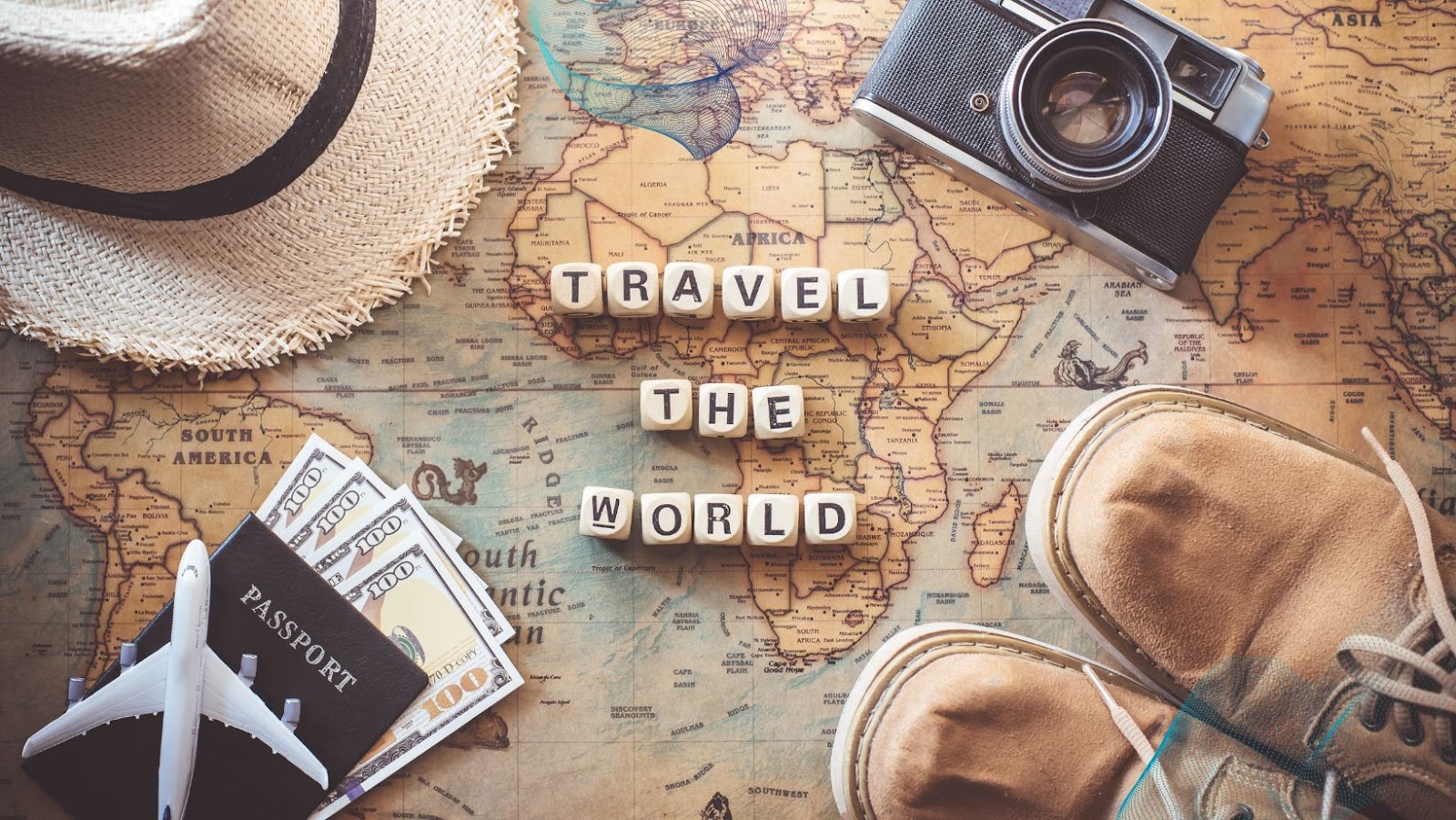 Travel Questions
Travel Questions
Alleviating travelers’ fears and uncertainties forms the core of this section. It delves into the most common questions, aiming to provide clear, concise answers and create a roadmap to a smooth travel experience.
Travelling, although thrilling, often comes bundled with a host of questions. Curious travelers often query about the best time to travel, how to manage finances while on the go, or the necessary safety tips to consider. For instance, heading to Europe? Opt for the shoulder seasons—spring (April to June) and fall (September to October). Managing finances may demand creating a detailed itinerary with an estimation of expenses for meals, commuting, and exploring cultural spots. Safety tips usually involve staying vigilant, especially in crowded areas, and keeping copies of important documents.
Booking flights and hotels surfaces as a common thread weaving through most travel queries. Numerous travelers inquire about the ideal time to book flights or seek the secret to snagging a fantastic hotel deal. To exemplify, U.S Airlines Reporting Corporation study indicates Tuesday being the prime day to score cheap flights. For hotel bookings, flexible travelers often reap hefty discounts on off-peak days or during offseason. Remember, these are not hard-and-fast rules but observations from aggregated data. So, keep that in mind while planning your itinerary.
 Navigating Destination-Based Travel Questions
Navigating Destination-Based Travel Questions
Embarking on vibrant voyages to unfamiliar destinations arouses a flurry of questions. This section focuses on these location-specific queries, dealing with aspects like destination research, and understanding local culture and cuisine.
In the realm of travel, destination research forms a crucial step. It involves digging deeper about a place’s weather patterns, best times to visit, must-see sights, and potential hazards. Several reliable tools aid in gathering this valuable information. These include travel guides, informative blogs, evaluation on travel platforms, and local tourism websites. For instance, research might reveal that May to September are the best months to visit Norway for a chance to witness the midnight sun. Accurate data, permitting safe and savvy travel decisions, is the power of proper destination research.
Understanding the local culture and cuisine of a place is like receiving an insider’s guide to the destination. It deepens appreciation for the environment and fosters genuine connections with residents. The cultural aspect embraces the locals’ lifestyle, local festivities, traditional costumes, language peculiarities, and customs. Gaining insight into exotic local foods and drinks are another popular area of interest. For instance, a gastronomic adventurer visiting Japan would want to know more about sushi, sashimi, sake, and tea ceremonies. Addressing these queries facilitates a richer, more immersive travel experience, letting one truly dive into the destination’s unique essence.
 Overcoming Language and Communication Travel Questions
Overcoming Language and Communication Travel Questions
The H2 section dives into language and communication challenges faced by travelers, with an emphasis on potential solutions. Significant issues about language barriers and the leveraging of technology for superior communication are discussed in detail.
Language barriers often pose significant challenges for travelers. Despite geographic diversity, communication lies at the heart of human connection. Travelers may find it difficult to navigate new locales, communicate basic needs, or immerse themselves within the local culture due to the language divide. Many people preserve extensive phrasebooks, yet conversing in a foreign language remains a hurdle. Understanding language nuances, such as slang, idioms, or regional dialects, further complicates communication efforts.
In the digital era, technology offers a valuable tool in bridging the language gap during travel. Numerous mobile applications provide real-time translation features, breaking down language barriers. Contextually, such apps can translate spoken words, text in photos, or even handwritten notes. For instance, Google Translate facilitates conversation flow with foreigners, thanks to its speech recognition and conversion capabilities. Meanwhile, navigation apps like Google Maps or Citymapper assist in locating essential landmarks and navigating unfamiliar terrains. Hence, harnessing technology can ultimately enhance the travel experience, by removing communication obstacles and enabling deeper cultural engagement.Traveling can be a thrilling adventure, but it’s not without its challenges. From understanding cultural nuances to navigating legalities, it’s essential to be well-prepared. Leveraging technology, conducting thorough research, and having the necessary documents at hand can make the journey smoother.